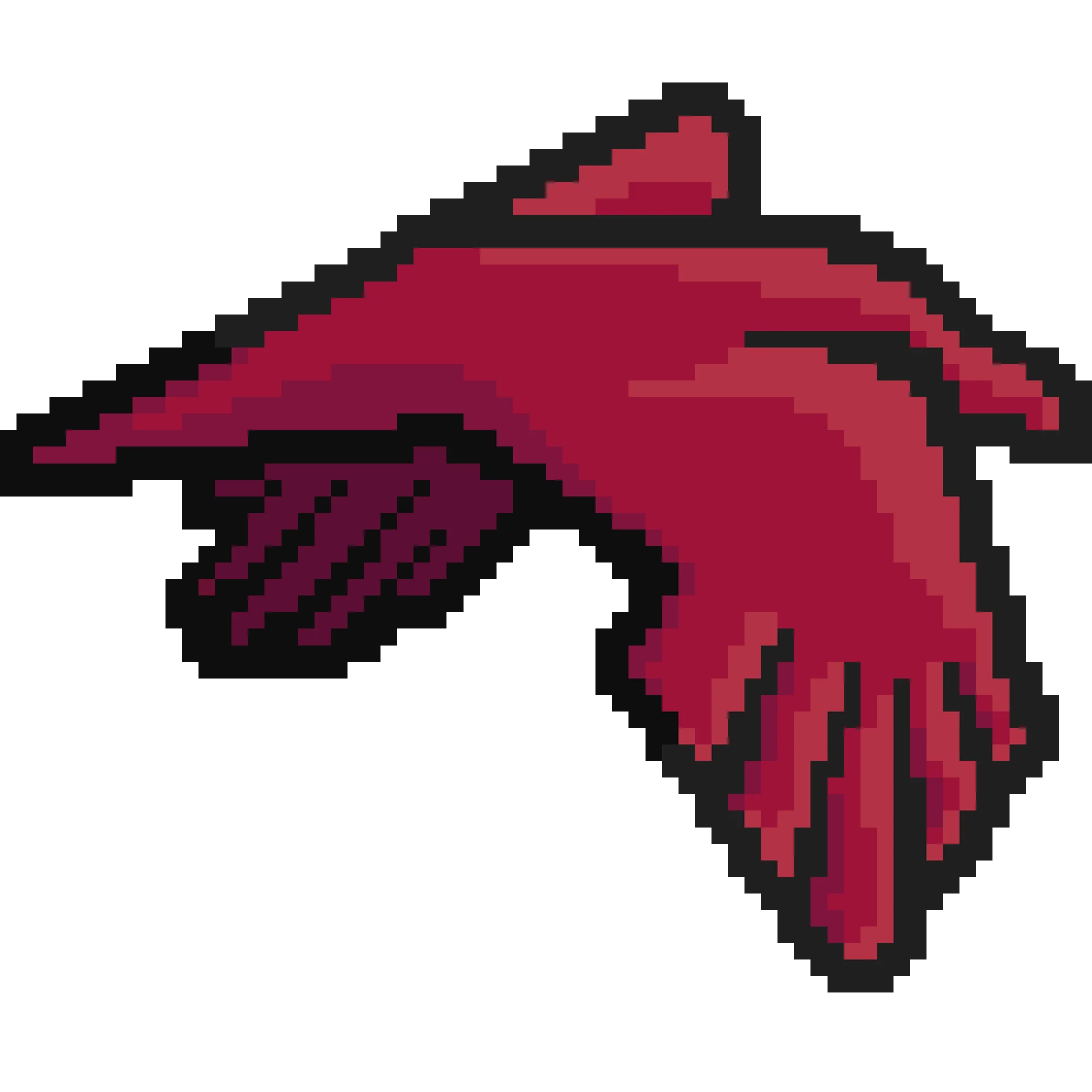Table of Contents
Gullborg
Golden City
Defences
The capital is surrounded by two large, machicolated walls whose monotony is broken up by a pattern of guard towers. There are three entrances to the city protected by gatehouses and barbicans and flanked by towers on each side. Near each of these entrances is a guard house for fast deployment. Due to the size of the city and the hardness of the bedrock, Gullborg isn’t surounded by a moat.
Infrastructure
Gullborg’s infrastructure is built around metalwork. Capital contains many work stations with giant blast furnaces, metal presses and oil & water intake and outtake. The city is also a home for thousands of people which all need basic plumbing, supply chain and roads. To solve the issue of drinking water, dwarves built a system of pipes leading from the river Borgof. This river supplies the whole city with water. Sewers were built beneath the city to get rid of waste. The sewers are sloped so the water can flow easily through the city. The oil used for quenching is made from mushrooms and is distributed via pipes from the reserve in Gulldaskáli or made locally. Coal needed for blast furnaces and other necessities are transported via carts to where they’re needed. Finally, to power all of the machinery in the capital, rotational power is gotten from water and windmills. Some watermills are located on the Borgof river and most are located within the sewer system where they gain slow rotational power from the movement of sewer water down the stream. As mentioned, windmills are also used. Because the ceiling of the cavern in which the city is located is filled with holes, the warmer air from the lava lakes located in deeper parts of Nidavellir travels upward towards these exits and the colder air of Niflheim is pushed downwards. This creates an almost constant current of air which the windmills utilise.
Founding Date
~1200 BCE
Alternative Names
Golden City, Gullhöfuðstaðr
Type
Capital
Population
18 206
Location under
Owner/Ruler
Creators
